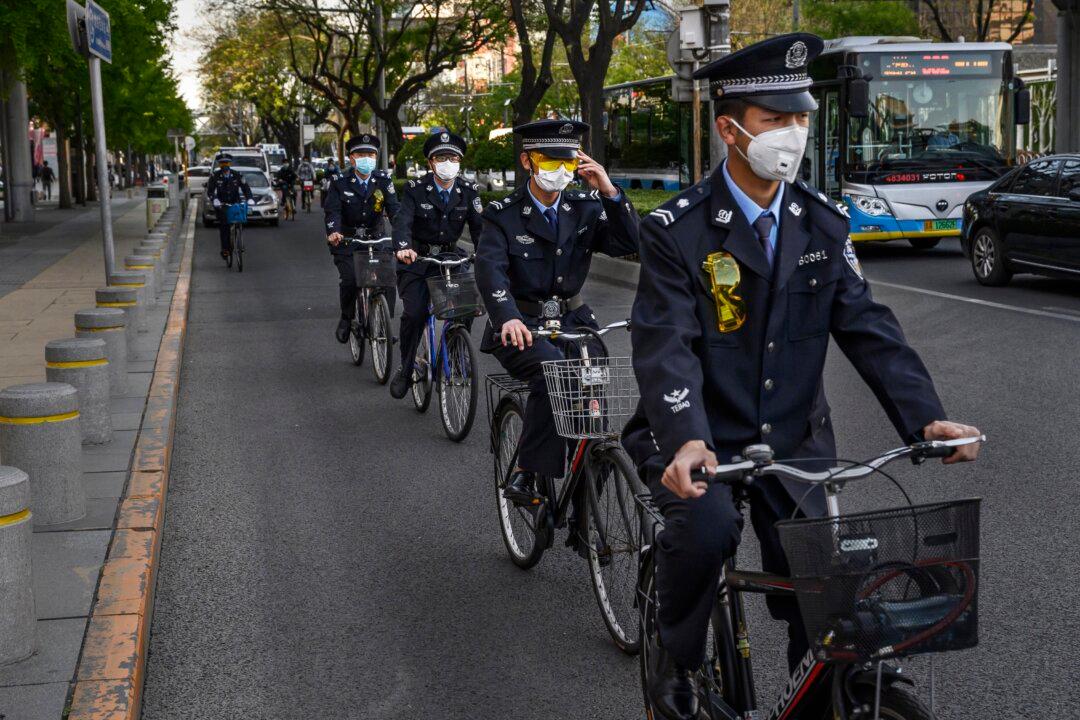In the northern Chinese city of Harbin, where a second wave of the CCP virus outbreak has occurred, one family described how six members became infected after attending a big family dinner in early April.
In March, city authorities had lifted lockdown measures and allowed social gatherings. At the time, Harbin, as was the case with the majority of Chinese cities, declared itself to be free of any new virus cases.





